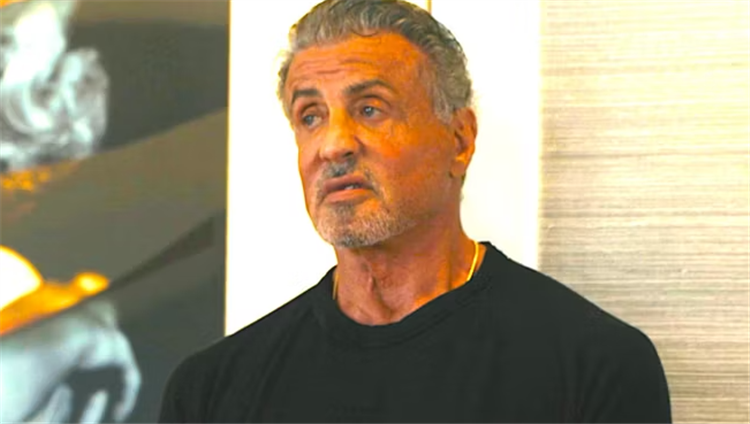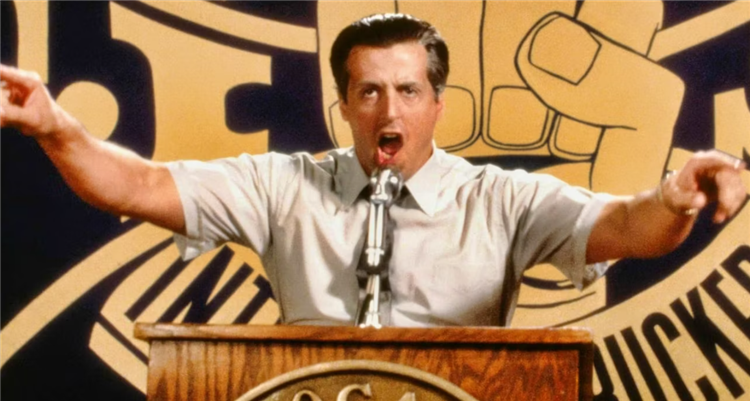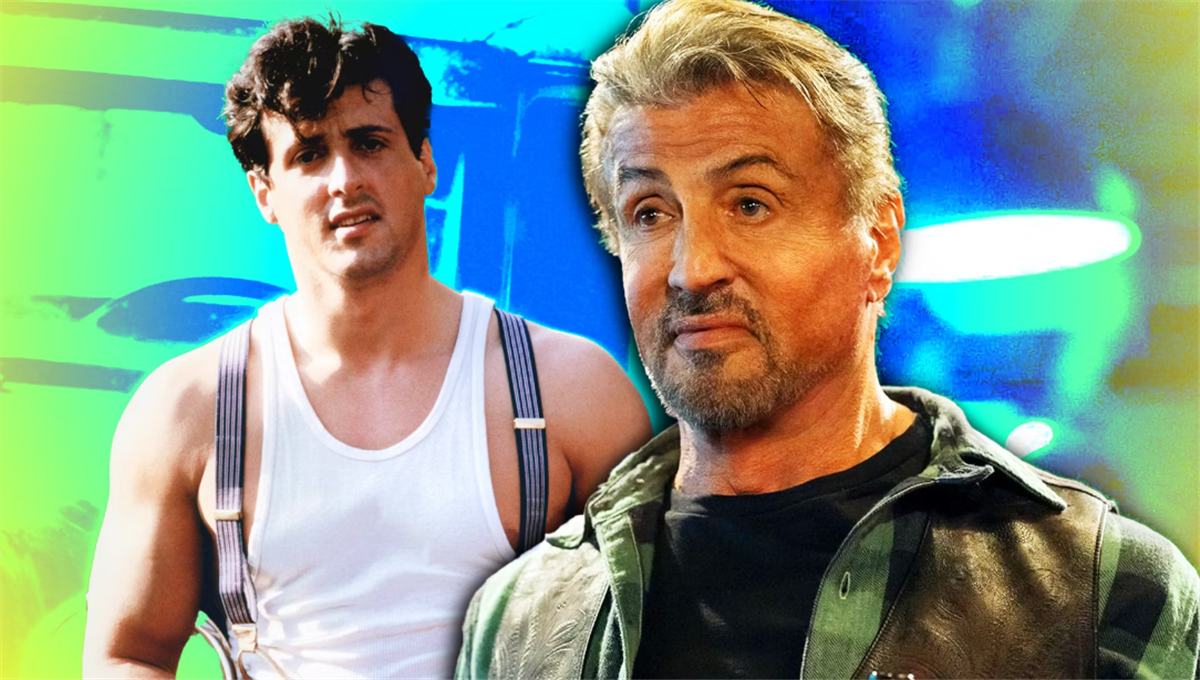A somewhat forgotten Sylvester Stallone thriller kicked off his worst recurring habit as a movie star and one he maintains to this day
There’s a 45-year-old thriller that can be blamed for creating Sylvester Stallone’s worst habit as a movie star. Before the success of 1976’s Rocky, Stallone was a struggling actor/screenwriter who only appeared in supporting roles in movies like Death Race 2000. Rocky transformed his fortunes overnight, but what’s easy to forget is it took him a few years to find his groove as a star. Most of his non-Rocky movies struggled at the box office, and it wasn’t until the success of 1982’s First Blood that he proved he could open a movie without his most iconic character.
While Stallone’s movie franchises like Rocky and Rambo helped cement his career, he’s largely backed away from those characters in recent years. 2023 also brought an abrupt end to The Expendables, with the fourth film being a critical and commercial disaster. The sequel only grossed about half its production budget back, and it’s hard to see another entry happening in the near future.
F.I.S.T. Kicked Off Stallone’s Hatred Of Sad Endings

The actor didn’t want his F.I.S.T. protagonist to die
The film also chickened out on killing Stallone’s Barney, because while his character appears to die during the first act, The Expendables 4’s ending reveals Barney faked his demise to lure a terrorist out of hiding. Reportedly, the sequel was developed with the notion Barney would conclusively die in mind, but Stallone’s unhappiness with this forced a rewrite. In his Netflix documentary Sly, Stallone explains his “hatred” of sad endings, which dates back to his starring role in crime drama F.I.S.T.
This was his follow-up to Rocky, with his character Johnny Kovak being loosely based on Jimmy Hoffa. F.I.S.T. cast Stallone as a warehouse worker who later became head of a powerful union called Federation of Inter-State Truckers, AKA F.I.S.T. It’s a dark story that ends with Stallone’s Kovak being gunned down by the mob, but the star strongly disagreed with this choice. He believed director Norman Jewison made a big mistake with this ending, as it sent the message that evil “triumphs,” and paying audiences want to see their heroes win.
This kicked off Stallone’s long-standing dislike of dark endings – even if the story calls for them. First Blood was supposed to close with Rambo’s death, but after he rebelled against this too, producers reluctantly agreed to let the character live. Rocky was supposed to perish in the fifth movie but this was later changed too, while Stallone used CGI in Last Blood’s ending to keep Rambo’s rocking chair moving; as filmed, the chair stopped moving to indicate the badly wounded former soldier had died.
Stallone Is Wrong About F.I.S.T.’s Ending

The movie had to end on a dark note
While obviously not every movie needs to end with the hero dying, Stallone is wrong about F.I.S.T.’s ending. The film is telling a dark story and one that’s ripped from American history, so Johnny’s rise and fall is key to the movie working. Even if audiences wanted to see the character triumph, that’s not what F.I.S.T. is building towards. The abruptness of Johnny being shot is nihilistic and shocking, but it’s difficult to imagine his tale closing any other way.
Netflix’s Sly doc ends with the actor stating he’s in the “hope” business and wants audiences to exit the theater feeling good. While an admirable goal, it ignores that some movies need to end on a bleaker note. Sometimes, an ill-fitting happy ending can rob a film of its weight, such as the final 20 minutes of Steven Spielberg’s Minority Report. Stallone was ultimately correct about Rambo surviving First Blood’s ending, but when it came time for Last Blood, the title character’s story should have ended on that porch.
Stallone’s Refusal To Let His Characters Die Has Become A Bad Habit
The star’s stance against sad endings has hurt several of his films
Last Blood isn’t a great film as it stands, but it was building towards the character’s final battle. It underlines the tragedy of the character, and how despite his return to America, his lingering trauma from the Vietnam War never really left. After his surrogate daughter is killed by a cartel, he decides to go down fighting and earn a warrior’s death. Stallone’s decision to undermine Rambo 5’s ending, because he feared it would bum viewers out, highlights how his sad ending hatred is a problem.
It’s the same issue with Expendables 4, where Barney really should have perished in that plane crash. This element gave the sequel some emotional heft and inspired Jason Statham’s Christmas to earn a little redemption. Barney’s resurrection spoils this, and considering the poor reception to the sequel has likely killed the series regardless, at least Barney could have gone down in a blaze of glory. F.I.S.T. is the film that created this bad habit for Sylvester Stallone, and at this stage in his career, it’s one he’s unlikely to change.
